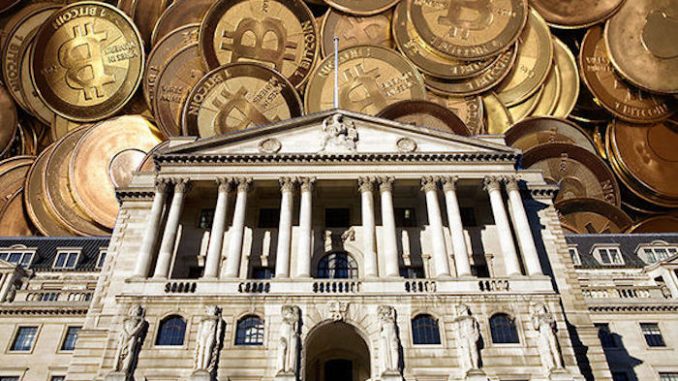- Banking supervisory regulatory toughens the rules on crypto assets, notably Bitcoin
- Cryptoassets could increase the risk to the banking system according to BCBS
- El Salvador is the world’s first country to recognize bitcoin as a legal cash
On Thursday, the world’s top banking regulator vowed to tighten regulations on crypto assets, particularly those that are more speculative, such as bitcoin. The Basel Committee on Banking Supervision announced the launch of a public consultation on proposals for how banks around the world can best manage their crypto-asset exposure. The banking industry faces increased risks from crypto assets, according to the Basel Committee on Banking Supervision, due to the potential for money laundering and wild price swings.
Basel Capital Requirements
Under global regulators’ plans to combat threats to financial stability posed by the volatile market, banks will be subjected to the strictest capital requirements for holdings in Bitcoin and other crypto-assets. The Basel Committee on Banking Supervision stated on Thursday that crypto-assets pose increased risks to the banking industry due to the potential for money laundering, reputational issues, and price swings that could result in defaults.
A 1,250 percent risk weight should be applied to a bank’s exposure to Bitcoin and other cryptocurrencies, according to the panel. In practice, this means that, based on an 8% minimum capital requirement, a bank may need to hold a dollar in capital for every dollar worth of Bitcoin. Securitized products, where banks have insufficient information about underlying exposures, are another asset with this highest-possible risk weighting.
Concerns raised by Basel Committee on Banking Supervision about cryptocurrency volatility
Consumer protection, money laundering, and terrorist financing, as well as their carbon footprint, have all been raised as concerns about crypto-assets, according to the Basel Committee. Despite the fact that most regulated banks have limited exposure to cryptocurrencies, the committee warned that the growth of crypto-assets and related services has the potential to raise financial stability concerns and increase risks faced by banks.
The most powerful banking standards in the world on Thursday, setter warned that certain crypto-assets have proven to be highly volatile, posing risks to banks as exposures grow. These risks include liquidity risk, credit risk, market risk, operational risk (including fraud and cyber risks), money laundering/terrorist financing risk, and legal and reputation risks.
Cryptoassets would be divided into two groups, according to the Basel committee. The first would deal with assets that might be covered by existing rules, which would be strengthened by changes and new guidance. Tokenised traditional assets, such as bonds or shares, would be recorded using new technologies, as well as stable coins. These are backed by a currency, such as the US dollar, which will be used by the Facebook-backed digital payments project Diem.
The second category includes assets that do not meet the classification criteria, such as bitcoin because these pose additional and higher risks, the BCBS stated. They would be subject to a new conservative prudential treatment. It proposes a significant tightening of the weightings in the calculations used to determine the amounts that banks must set aside to protect themselves from the risks.
BCBS Crypto Asset Movement
The BCBS has 45 member institutions from 28 jurisdictions and has established a series of international standards for bank regulation. The committee was formed in 1974 by central bank governors to improve financial stability by improving the quality of banking supervision around the world. Its goal is to improve the security and reliability of international banking through collaboration among supervisory authorities, and it issues minimum standards and guidelines to that end. It is headquartered at the Bank for International Settlements in Basel, Switzerland, which is an international financial institution that connects central banks.
After a long period of reluctance, several major banks have recently entered the cryptocurrency market. El Salvador’s parliament approved a law on Wednesday that will eventually allow bitcoin to be used in many aspects of daily life. However, cryptocurrencies have enraged countries such as China. More than a thousand people were arrested there on Thursday as part of a massive crackdown on a network accused of fraudulent cryptocurrency activities.
Steve Anderson is an Australian crypto enthusiast. He is a specialist in management and trading for over 5 years. Steve has worked as a crypto trader, he loves learning about decentralisation, understanding the true potential of the blockchain.


 Home
Home News
News










